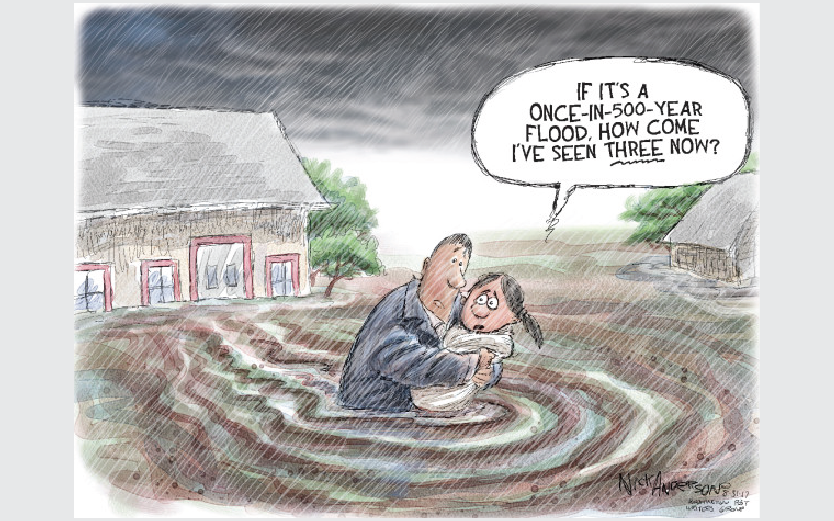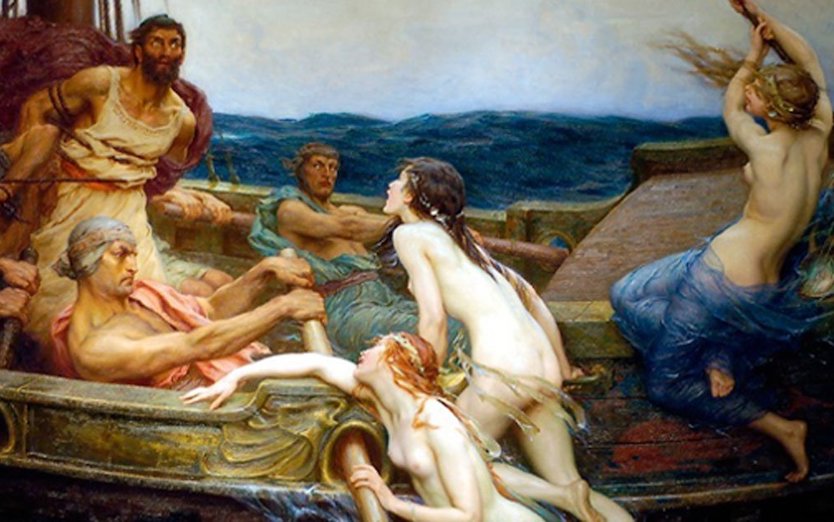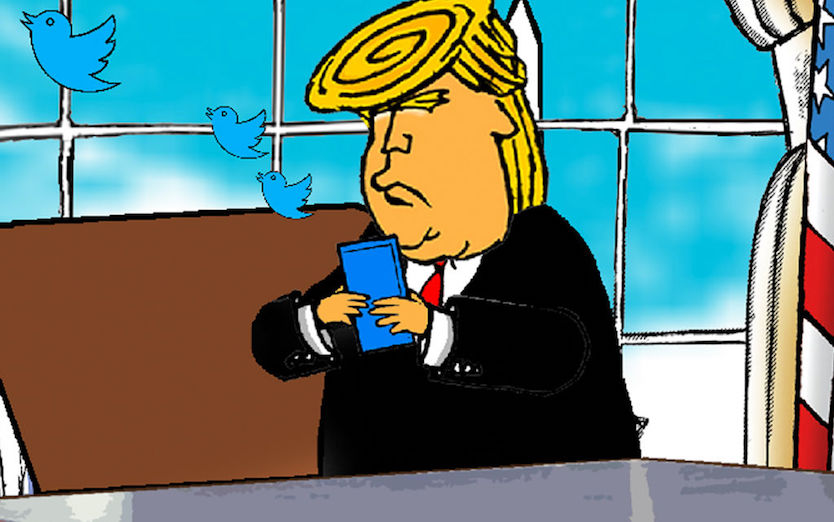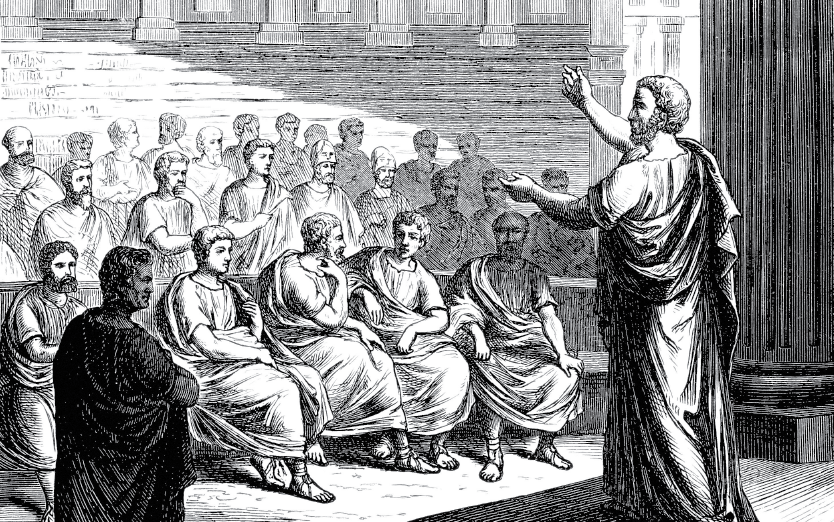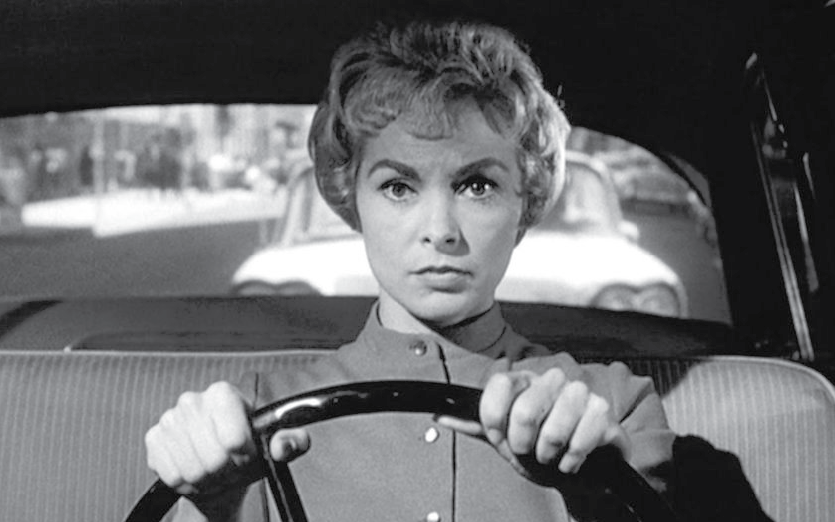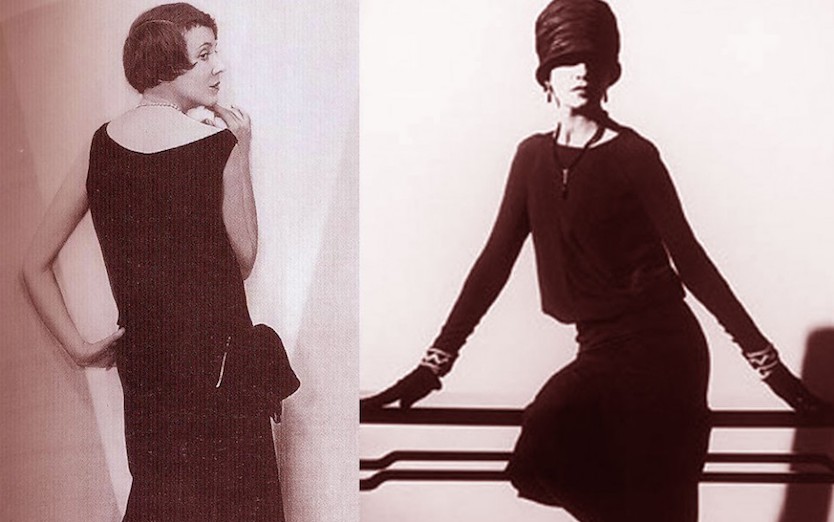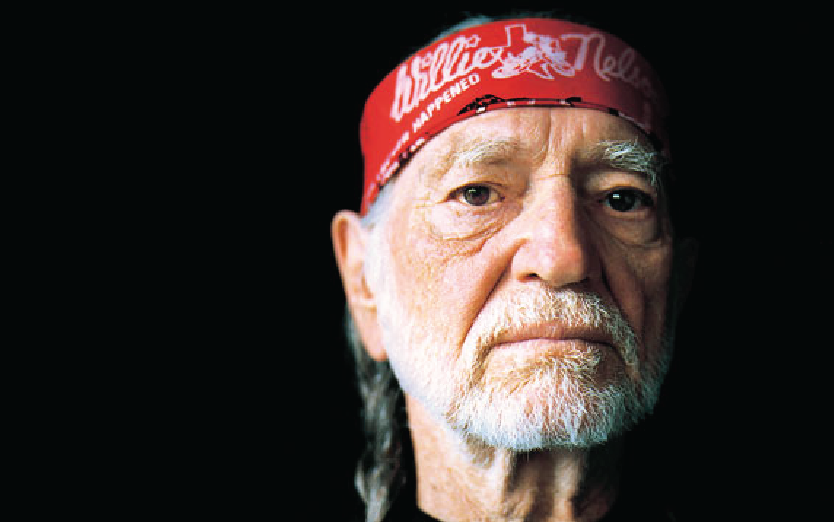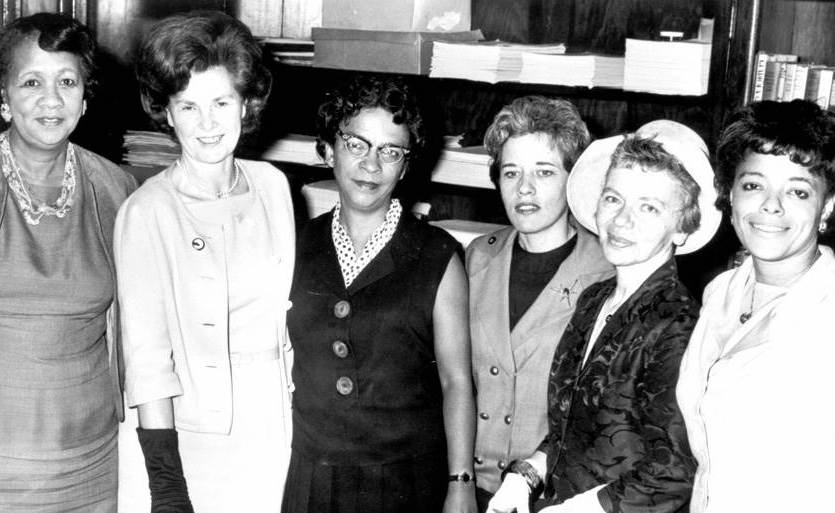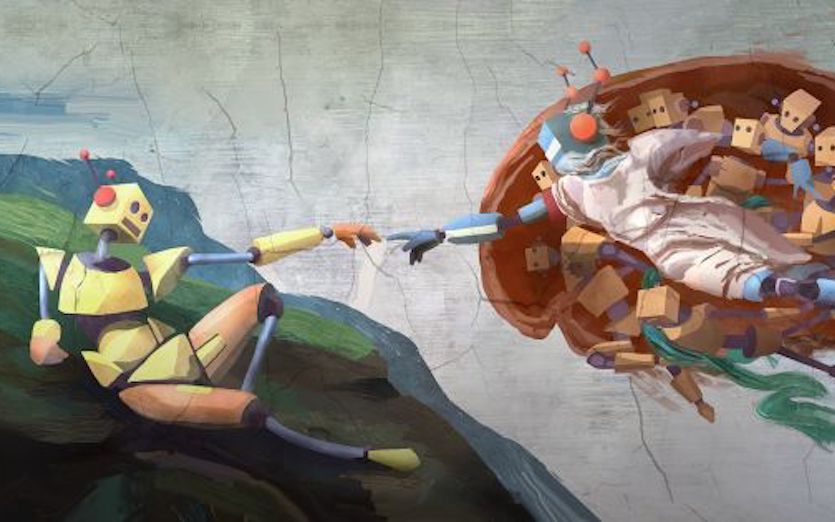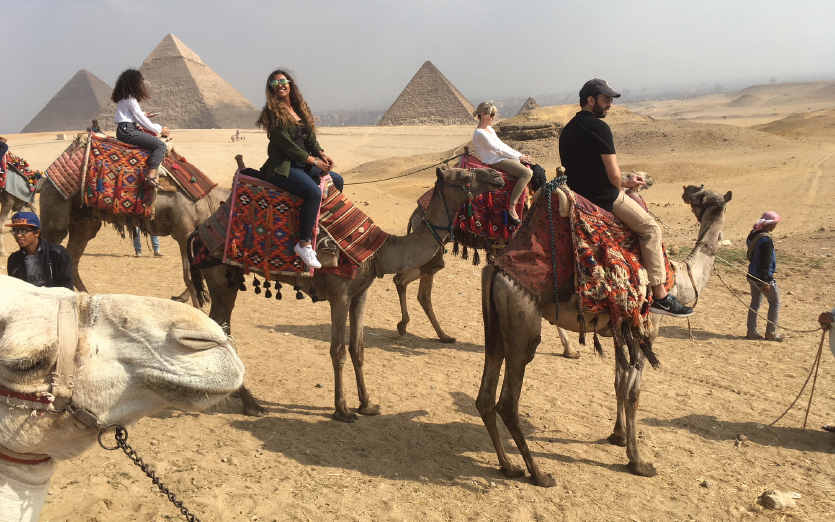Reading the news can make anyone feel overwhelmed and discouraged, believing there's nothing we can do to make a difference. But we can absolutely improve people’s lives through our behavior as consumers, by tweaking what we buy and who we buy it from. The idea of "conscious consumerism"—voting with our dollars—can generate a lot of snark (and has served as fodder for plot lines on TV shows like Portlandia). But as UH Honors College graduate and author Wendy Paris discovered, paying attention to who made our goods can have a real and immediate impact on artisans, farmers, and others here and around the world.
Join Wendy for a conversation about conscious consumerism, supply chain transparency, and why we all should eat more (ethically sourced) chocolate. Wendy will share what she learned traveling to the highlands of Guatemala and the Dominican Republic as research for Buy the Change You Want to See: Use Your Purchasing Power to Make the World a Better Place (Penguin Putnam, January 2019), which she co-wrote with Houston native Jane Mosbacher Morris, and which shares Mosbacher Morris's journey from working on counter-terrorism and anti-human trafficking in the U.S. State Department to starting a retail fashion company to market artisan-made goods here.
Your ticket includes a copy of Buy the Change You Want to See and an opportunity to sample some of the best craft chocolate available today.
Wendy Paris (’89) is the author of Splitopia: Dispatches from Today’s Good Divorce and How to Part Well (Simon & Schuster/Atria Books, 2016). Splitopia has been written about or excerpted in The New York Times, the Washington Post, The Globe and Mail, Real Simple, Marie Claire, the Houston Chronicle, Salon.com, Kveller.com, PsychCentral.com and Family Law Review, among other publications, and featured on podcasts, television and radio shows nationwide.
Wendy is also the founder and editor of Splitopia.com, the nation’s first divorce wellness website. She has worked as a journalist and editor for more than two decades, contributing articles and essays to news outlets including The New York Times, Psychology Today, The New York Observer, The Guardian, Washington Post, Quartz, Salon.com and Marketplace Radio, service magazines such as Self, Glamour, Family Circle, Fitness, Brides and theknot.com, and special interest publications including ArtNEWS, Wine Spectator, Jewish Week and The Forward. She has served as a senior editor at Psychology Today magazine, an art columnist for the Houston Press, and a television producer for WNBC-TV in New York City. She currently blogs at Psychologytoday.com, Huffingtonpost.com and Splitopia.com.
<RSVP NOW> <BACK TO THE LIST OF CONVERSATIONS>

